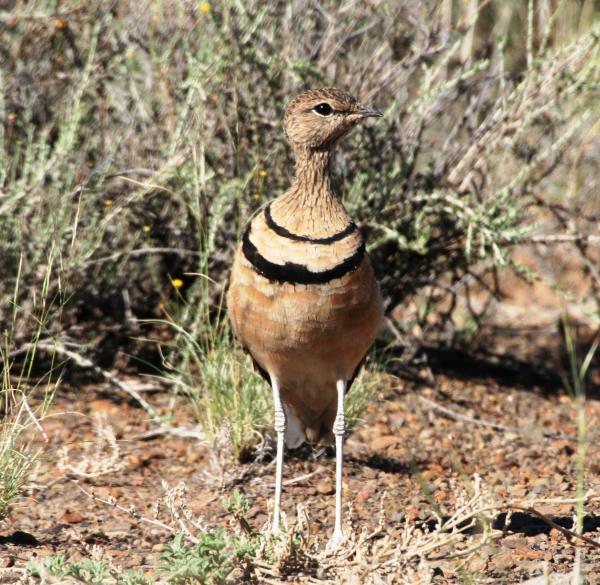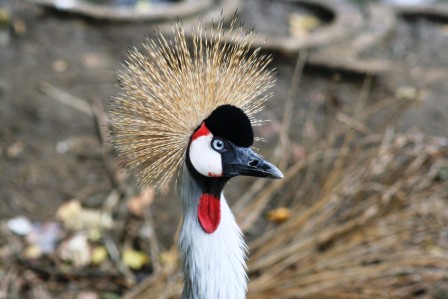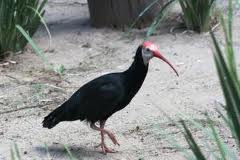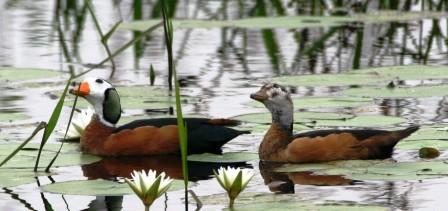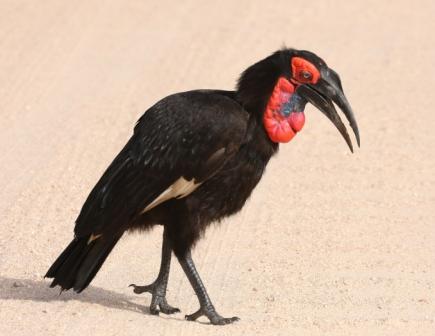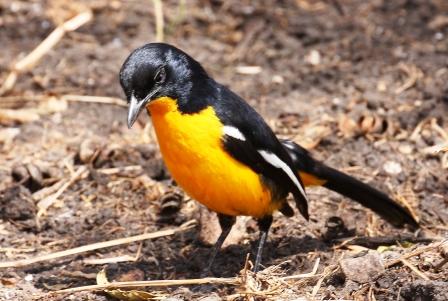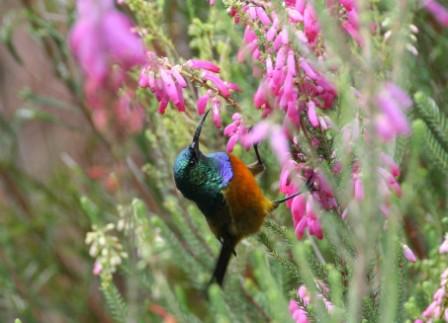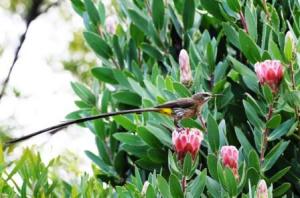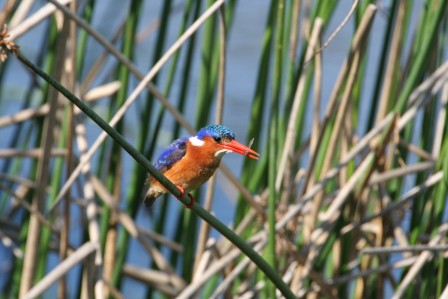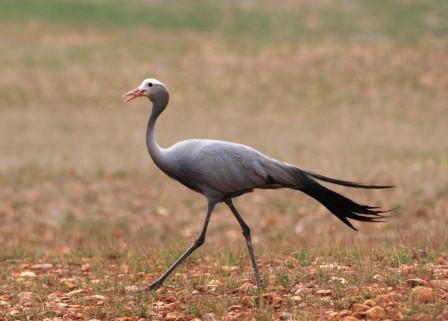|
|
JOIN OUR MAILING LIST |
|
Newsletter / Blog 2012-02-26 Aves bird of the week – Booted Eagle – Hieraaetus pennatus The Booted Eagle - Hieraaetus pennatus - is a small eagle but a medium bird of prey. South African Booted Eagles avoid woodland and hunt mostly over low scrub or agricultural crops such as wheat or even vineyards. Migration South Africa has two different populations, each with a different migratory pattern. The one breeds in Eurasia then heads south to southern Africa, excluding the Western Cape and Namibia, where it stays from November-February. The other population breeds in the Western and Eastern Cape, arriving from July-August and staying until March, it spends the rest of its time in its non-breeding grounds in Namibia and southern Angola. Breeding occurs throughout the Western Cape; the south-western corner of the Northern Cape and the western parts of the Eastern Cape. There is also a small breeding population in Namibia. A small percentage overwinter. Description The Booted is a small eagle, comparable to the Steppe Buzzard in size though more eagle-like in shape. There are two relatively distinct colour morphs. Pale birds are mainly light grey or buffy with a darker head and flight feathers. The other form has brown plumage with dark grey flight feathers. Call The call is a shrill kli-kli-kli. Food Booted Eagles do most hunting on the wing, stooping from a position high above the ground, to surprise and strike its prey from above. They have a broad diet, from insects up to medium sized birds, small mammals and reptiles. Breeding They breed in
southern and eastern Europe eastwards over northern Iraq,
Iran and east to the
Himalaya, north India, north
to Mongolia and Russia
(Transbaikalia). A separate breeding population also exists in South Africa. They
require cliffs or trees for breeding, especially cliffs from which small trees
or bushes grow. The Egg-laying season is from August-January. This eagle lays 1 to 2 eggs and incubation between
36 to 40 days. The young stay in the nest for another 50 to 55 days. Conservation Status – Least concern This species has an extremely large range and is not threatened, although in some localities its population is decreasing, due to habitat disturbance and poisoning. Birdwatching Ask Aves Birding Tours/Safaris/Adventures to create a custom tour for you to see these striking birds or join one of the following Aves Birding Tours/Safaris/Adventures: - Aves Arid Birding Tour/Safari/Adventure. Aves Eastern Cape Birding Tour / Safari /Adventure. Aves Western Cape Birding Tour / Safari / Adventure. Aves West Coast Birding Tour / Safari /Adventure.
|
| Back | Back to top |
 |  | Cape Town Tourism  |
|||||||||||||

